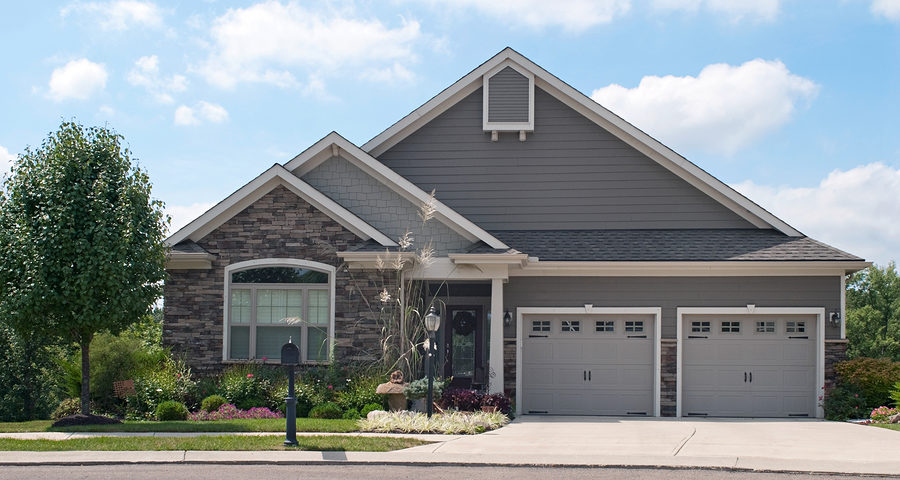ICF Construction versus Traditional Framing: What’s the Advantage?
If you’re considering building your next home, you may have seen the term “ICF” on builders’ websites or on social media. Insulated concrete form or ICF construction is an innovative home-building technology that cost- and environmentally conscious homeowners are requesting from their contractors.
ICF construction is an innovative technology.
Unlike traditional stick construction that has been used for centuries, ICF construction is a relatively new building technology. Concrete forms are reinforced with rebar and rigid thermal insulation. Forms are installed as an interlocking system to create your home’s walls, floors, and even its roof. The forms are permanent and stay in place after your home is completed. ICF is a good choice for environmentally conscious homeowners, as components of the forms can be made with recycled materials.
ICF construction is incredibly strong.
One major advantage of ICF construction over traditional construction is the material’s strength. ICF walls are structural concrete and up to ten times stronger than wood-framed walls. This means ICF-constructed homes can better withstand the most severe Minnesota weather events, including high winds and even earthquakes. ICF construction also provides excellent fire protection, often earning 4- to 6-hour fire resistance ratings.
ICF construction is extremely energy efficient.
Wood-framed homes are drafty and often allow cooled or heated air to escape your home, costing you money on your heating and cooling bill. The modular construction of ICF walls virtually eliminates air leaks from your home, meaning the comfortable air stays in while a blizzard rages or heat wave simmers outside. Over time, the energy efficiency of your ICF-constructed home will save you money on heat and A/C.
ICF construction keeps critters out.
The same properties that keep your home comfortable and energy efficient help repel pests. ICF forms are completely filled, with no gaps between the rigid thermal insulation and concrete core. As a result, pests have a very difficult time finding a place to make their nests.
ICF construction is a good investment.
While ICF construction requires a larger initial investment than traditional construction does, homeowners often enjoy costs savings in the long term. Reduced energy costs, lower maintenance costs, and better peace of mind in wild weather help make ICF construction a great choice for discerning homeowners.
To learn more about ICF construction or take a look at some examples of ICF-constructed homes, contact Avalon Homes today.

